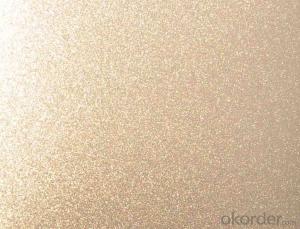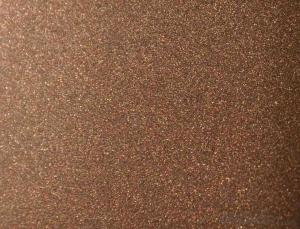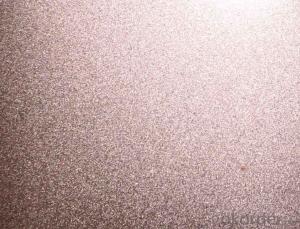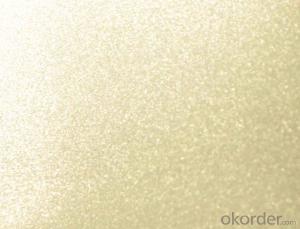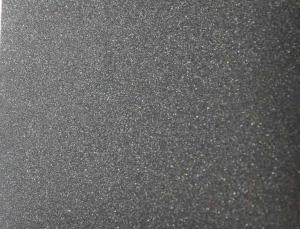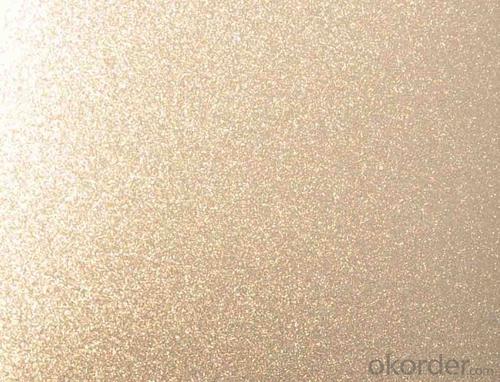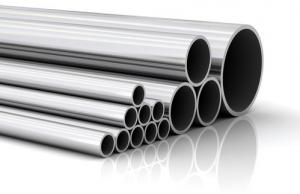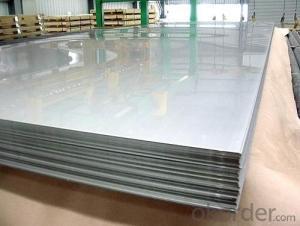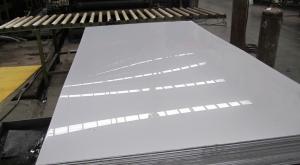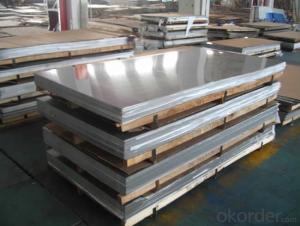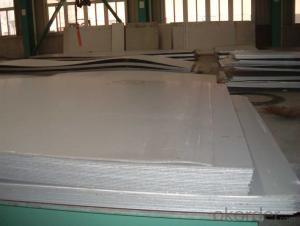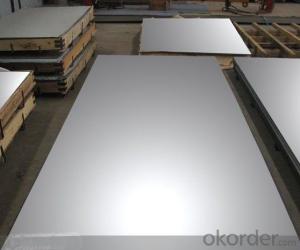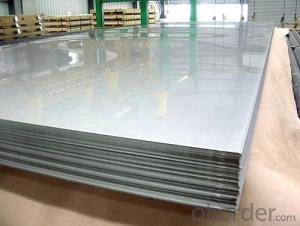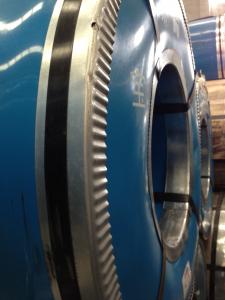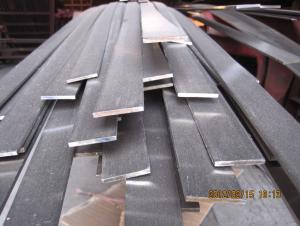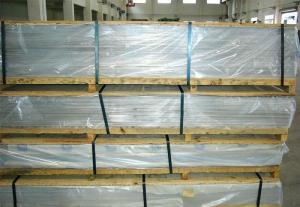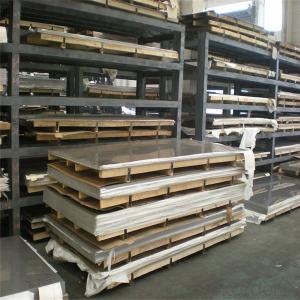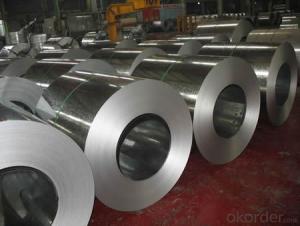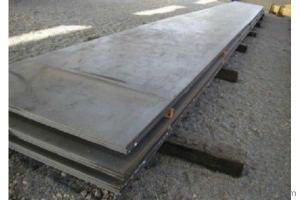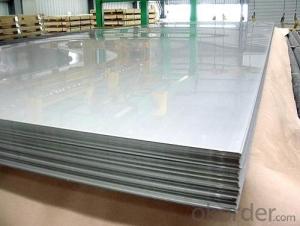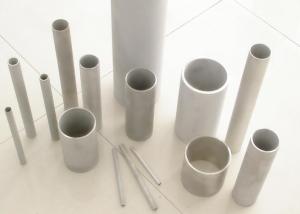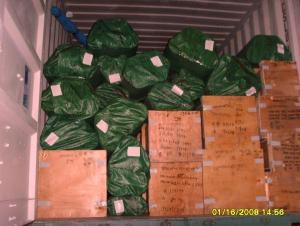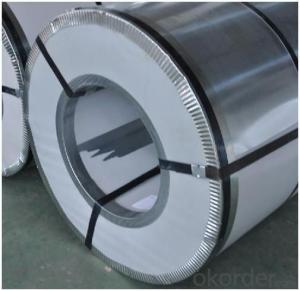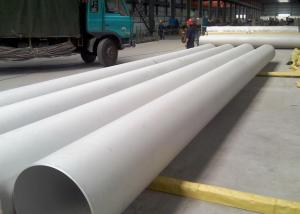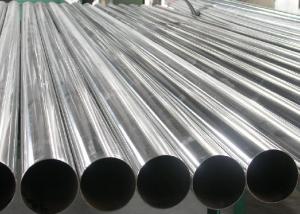Bead Blasted Series
- Loading Port:
- China Main Port
- Payment Terms:
- TT OR LC
- Min Order Qty:
- -
- Supply Capability:
- -
OKorder Service Pledge
OKorder Financial Service
You Might Also Like
Bead Blasted Series
Material:SUS304 SUS430 SUS316
Specification:1219mm*2438mm
Thickness:0.7mm-3.0m
Finish:BA,2B,Mirror
Other Specification:
Special sizes can be supplied by customers’ requests
Product Characteristic:
We imported an automatic bead blast production line and particular parameter, ensuring the sheets even and present pearl silver luster. let the bead blasted sheet be a high quality and wild range use of new building material.
Application:
Elevator,Architectural Decoration,Subway Station,Public Utility,Electrical Equipment.
- Q: How about stainless steel grades?
- 304 - that is, 18/8 stainless steel. GB is 0Cr18Ni9. 309 - better temperature resistance than 304. 316 - after 304, second of the most widely used steel grades are used mainly in the food, pharmaceutical and pharmaceutical industries, and molybdenum is added to obtain a special corrosion resistant structure. Because of its better resistance to chloride corrosion than 304, it is also used as "ship steel". SS316 is usually used in nuclear fuel recovery devices. Grade 18/10 stainless steel usually meets this application level. [
- Q: Are stainless steel sheets suitable for elevator buttons?
- Yes, stainless steel sheets are suitable for elevator buttons. Stainless steel is a durable and corrosion-resistant material, making it an ideal choice for elevator buttons that are frequently touched and exposed to various environmental conditions. Additionally, stainless steel has a sleek and modern appearance, making it aesthetically pleasing for elevator buttons.
- Q: What are the different types of surface treatments for stainless steel sheets?
- There are several types of surface treatments for stainless steel sheets, including brushing, grinding, polishing, and coating. Brushing creates a textured finish, grinding removes imperfections, polishing enhances shine, and coating adds a layer of protection.
- Q: Are stainless steel sheets resistant to lactic acid?
- Yes, stainless steel sheets are generally resistant to lactic acid. Stainless steel is known for its corrosion resistance, and lactic acid is not typically strong enough to cause significant damage to stainless steel surfaces. However, the resistance may vary depending on the specific grade and quality of stainless steel used. It is always recommended to consult with a material expert or conduct proper testing to ensure the suitability of stainless steel sheets for specific applications involving lactic acid.
- Q: How do you determine the weight of a stainless steel sheet?
- To determine the weight of a stainless steel sheet, you need to know its dimensions (length, width, and thickness) and the density of stainless steel. By multiplying the volume of the sheet (length x width x thickness) with the density, you can calculate its weight.
- Q: Can stainless steel sheets be used for soundproofing?
- Typically, stainless steel sheets are not used alone for soundproofing. Despite being renowned for durability and resistance to corrosion, stainless steel lacks substantial soundproofing abilities. Nevertheless, stainless steel sheets can be integrated into soundproofing systems either as a component of a composite structure or in combination with other soundproofing materials to amplify their overall effectiveness.
- Q: Can stainless steel sheets be used for brewery equipment?
- Yes, stainless steel sheets can be used for brewery equipment. Stainless steel is a popular choice for brewery equipment due to its corrosion resistance, durability, and hygienic properties. It is resistant to the chemicals and acids commonly used in brewing processes and does not react with beer, ensuring the taste and quality of the final product. Stainless steel sheets can be used to fabricate various brewery equipment such as fermentation tanks, bright tanks, mash tuns, hot liquor tanks, and piping systems. Additionally, stainless steel is easy to clean and maintain, making it an ideal material for brewery equipment where sanitation is crucial.
- Q: Can stainless steel sheets be used in medical equipment?
- Yes, stainless steel sheets can be used in medical equipment. Stainless steel is a popular choice for medical devices and equipment due to its excellent properties such as corrosion resistance, durability, and ease of cleaning. It is commonly used in surgical instruments, implants, hospital equipment, and laboratory tools. Stainless steel sheets are often used in the fabrication of medical equipment due to their versatility and ability to be molded into various shapes and sizes. Additionally, stainless steel is highly biocompatible, meaning it does not react with bodily tissues and is safe for use in medical applications. Overall, stainless steel sheets are a reliable and widely accepted material for medical equipment due to their hygienic properties and long-lasting performance.
- Q: What is the maximum width of stainless steel sheets available?
- The maximum width of stainless steel sheets can vary depending on the supplier and the specific requirements of the customer. However, in general, stainless steel sheets are commonly available in widths ranging from 36 inches (91.44 cm) to 72 inches (182.88 cm). Some specialty suppliers may offer wider sheets, reaching up to 96 inches (243.84 cm) or even wider. It is important to note that wider sheets may be subject to higher production costs and longer lead times. Customers should consult with their supplier to determine the maximum width available based on their specific needs.
- Q: Can stainless steel sheets be used for water filtration systems?
- Yes, stainless steel sheets can be used for water filtration systems. Stainless steel is commonly used in water filtration due to its excellent corrosion resistance and durability. It is able to withstand high pressure, temperature variations, and exposure to different chemicals, making it suitable for long-term use in water filtration applications. The smooth surface of stainless steel sheets also facilitates easy cleaning and prevents the accumulation of bacteria and other contaminants. Additionally, stainless steel is a non-reactive material, meaning it does not release any harmful substances into the filtered water, ensuring its safety for consumption. Overall, stainless steel sheets are a reliable and effective choice for water filtration systems.
Send your message to us
Bead Blasted Series
- Loading Port:
- China Main Port
- Payment Terms:
- TT OR LC
- Min Order Qty:
- -
- Supply Capability:
- -
OKorder Service Pledge
OKorder Financial Service
Similar products
Hot products
Hot Searches
Related keywords
